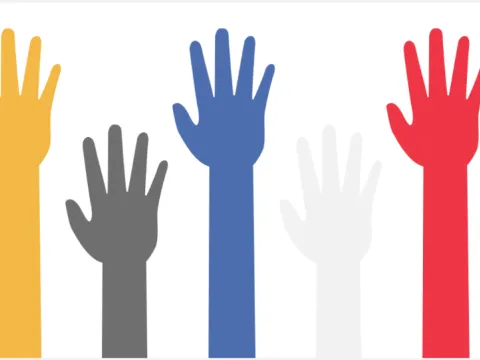Alcohol is a psychoactive (mind altering) substance made by fermenting or distilling different grains, fruits or vegetables. Alcoholic drinks include beer, wine and hard liquor (gin, rum, vodka, etc.) which all have different percentages of alcohol in them. Alcohol is a depressant or "downer". It slows down the parts of the brain that affects how we think, feel and behave. Small amounts of alcohol usually make people feel relaxed or sociable, but can also make people feel energized or anxious.
The effect alcohol can have on a person depends on:
- Individual factors (For example: age, past experience, genes)
- The context (For example: how much, how often, other substance use, when a person last ate)
- Note: The more often someone drinks alcohol, the more their body gets used to processing it (called tolerance). This means that their body feels less effects from drinking the same amount of alcohol.
- Why they are drinking (For example: to have fun, to relax, to feel better)
If a person drinks more alcohol than their body can process, then they begin to become intoxicated (drunk). Being drunk affects a persons balance, vision, coordination and decision-making. Drinking to the point of being drunk has more risks because a person is more likely to do something they wouldn’t do if they were sober (not drunk or affected by alcohol).
Drinking a lot of alcohol at once is called binge drinking, which is a more risky way to drink alcohol. Some of the increased risks include serious harm like blackouts, overdoses or accidents. Binge drinking is most commonly seen in youth and young adults. As a parent or caregiver, you may want to discuss the risks that come with binge drinking with your child when talking about safer ways to drink alcohol.




